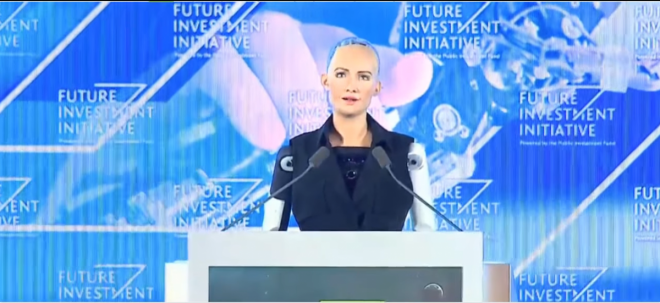
AI-dominated future is not very far now. Humans of the future might just dwell in underwater kingdoms like Ariel or Aquaman and possess bio-hacked brains with which one can actually buy and sell memories. Nevertheless, the dream of possessing superhuman powers and creating one's own team of Avengers might just come true.
Discussions on the characteristics of so-called 'Human 2.0' are already doing rounds. Bryan Johnson, founder of Kernel at the Lisbon Web Summit on November 7 stated that unlocking the potential of human brain should be of primary focus towards which humanity should strive hard.
Bryan, who was previously a door-to-door salesman, founded Braintree and sold it on eBay for $800 in 2013. He has now invested $100 million in Kernel which is an LA-based start-up.
The company makes microchips which are being formulated in such a way that it can be inserted in brains, as well as capable of writing neural code. The chips will be capable of fighting diseases as well.
Bryan further revealed that in 15-20 years from now, tools that might help the human brain to reach superhuman heights will be ready for use. Be it for increasing the rate of learning or having a brain to brain communication, the microchips shall initiate all of the above.
"Imagine a scenario where I say 'I want to know what it's like to be a cowboy in the American West in the 1800s and someone creates that experience mentally. I'm able to take that and purchase that from that person and experience that" Bryan added.
The technology will not discriminate the users but will make it democratized just like smartphones and the chips that will infuse life in Human 2.0 will neither be a luxury nor a necessity but an affordable option, Bryan said.
Blue Abyss' Space Operations Director Simon Evetts, who has supervised studies on the effect of space travel on astronauts, considers the technology to be a "directed evolution". Simon raises questions about how the human body can adapt to an altogether hostile environment.
Speaking of humans moving into the oceans and living underseas in the future, experts are trying to bring in the way dolphins and seals hold their breath underwater. The team of experts is also considering bringing large thoracic cavities and expand human lungs.
Whether Human 2.0 will be a human at all or will it turn out to be Frankenstein's monster, only the future can tell.









